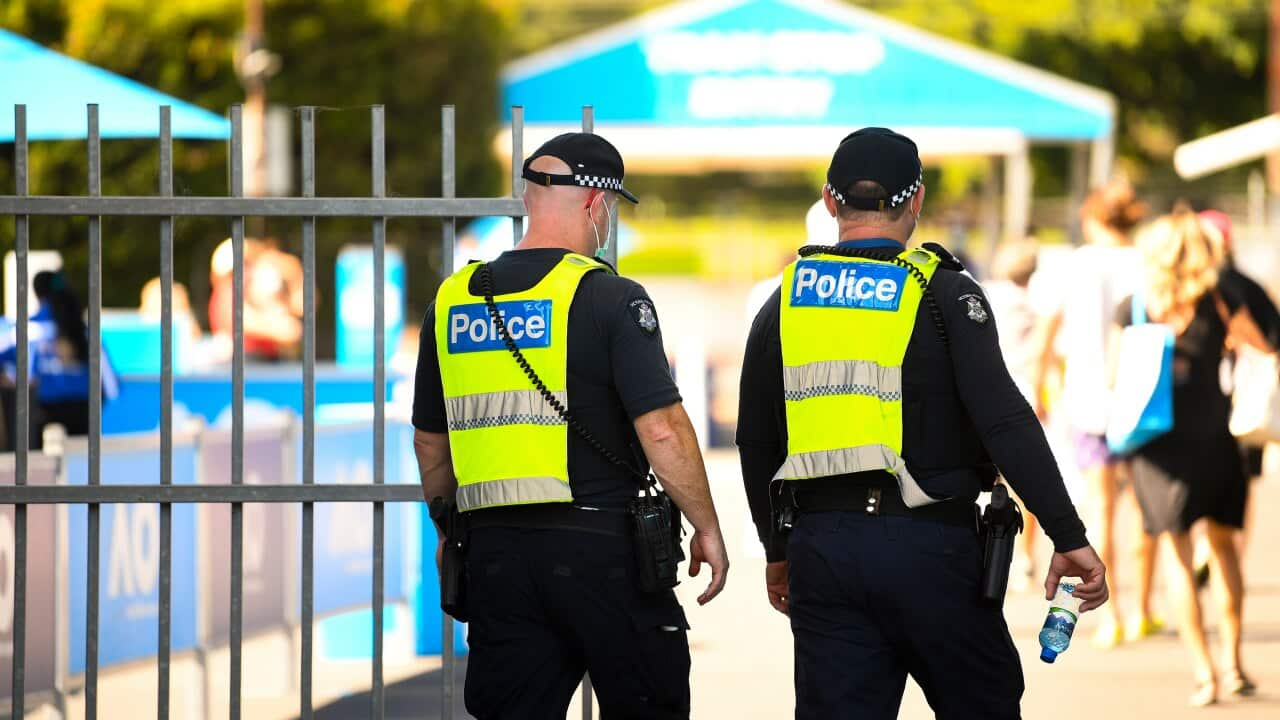Victoria's police force says it will overhaul how it deals with complaints against its officers lodged by Aboriginal people, but the state's peak Indigenous legal body says it wants to see detailed plans for how police will achieve real change.
The announcement comes after Victoria's anti-corruption watchdog handed down a scathing report into how police handle complaints from First Nations people in May.
The Independent Broad-based Anti-corruption Commission (IBAC) made several findings, including that conflicts of interest were often poorly managed and that a "substantial" number of complaint files contained indications of bias.
'Police should not investigate police'
The Victorian Aboriginal Legal Service (VALS) welcomed the news but raised concerns over how Victoria Police planned to implement the recommendations.
Andreea Lachsz, the head of policy, communications and strategy at VALS, said she would like to see specific details of the plans and how progress will be monitored.
"Not only would VALS welcome an opportunity to see a detailed plan, we would like to provide feedback on that plan to make sure it's actually going to achieve the outcomes that need to be achieved," Ms Lachsz said. She also argued that police required a completely independent complaints process and a new oversight body to ensure the Aboriginal community could have faith in the process.
She also argued that police required a completely independent complaints process and a new oversight body to ensure the Aboriginal community could have faith in the process.

Almost half of the complaints in the report related to assault or the use of force. Source: Darrian Traynor/Getty Images
"The sad reality is that the Aboriginal community in Victoria does not trust the current system and if there isn't a significant overhaul in this space we'll just see the same thing happening over and over again," she said.
"VALS is firm of the view that police should not investigate police. All police complaints, except for those that are genuinely customer service complaints, should be going to an independent oversight body and we're of the view that a new independent complaints body needs to be established."
Police accept recommendations
Victoria Police confirmed it has formally accepted all ten recommendations of the report, including that it creates a new process specifically to handle complaints from Indigenous people, as-well-as hire a specialist staff member to advise on the process.
"Already Victoria Police is progressing important change including the rollout of mandatory Aboriginal cultural awareness training to help our employees understand the role police have played in past government policies and practices," a police spokeswoman said.
"Victoria Police has also made significant changes to our child cautioning policy and expanded our Aboriginal Youth cautioning program aimed at diverting young Aboriginal people from the criminal justice system, increased the number of specialist liaison officers."
In the 41 complaints reviewed as part of the IBAC report, there were 63 allegations of police misconduct, with almost half of them relating to assault or the use of force.
Furthermore, 41 per cent of the files viewed for the report involved Aboriginal children under the age of 17.
Many of these complaints related to incidents that occurred during arrest, or the treatment and care of young people in custody.
Other key recommendations in the report included addressing "serious and ongoing" issues that "might conceal misconduct" by better managing conflicts of interest, considering the complaint histories of officers, and complying with record-keeping requirements.
It also recommended Victoria Police develop specific training for staff regarding the Charter of Human Rights and Responsibilities and how it relates to Indigenous people.











